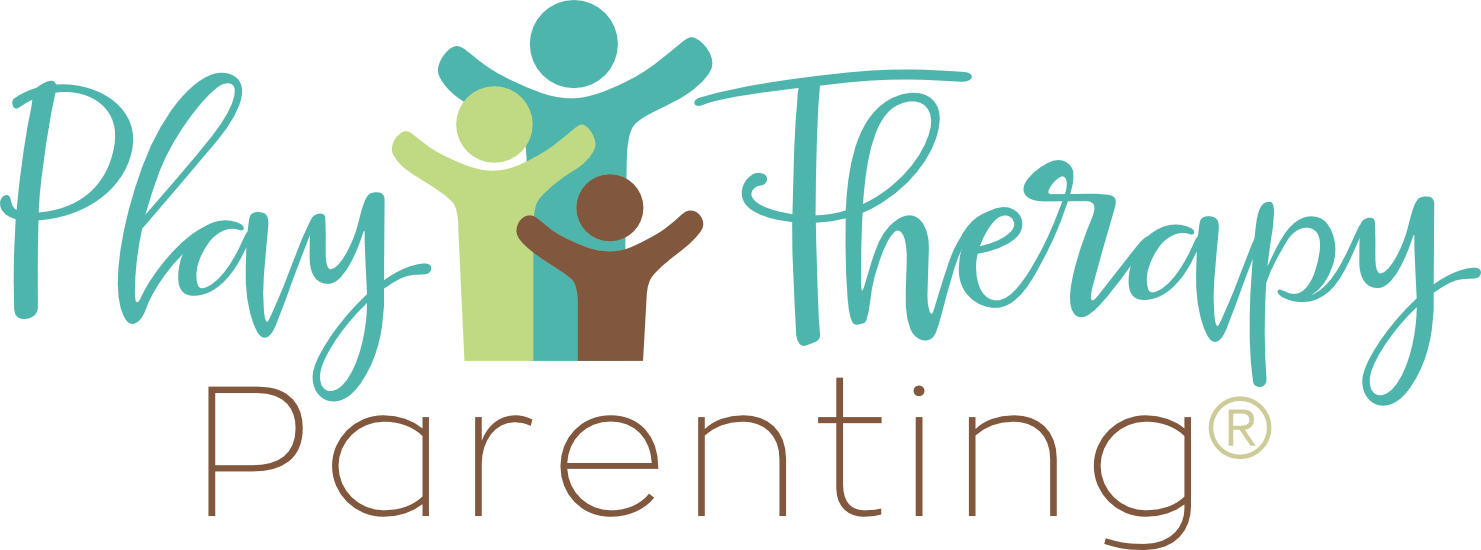S2E25 – Too Late to Start? Implementing Play Therapy Techniques with Older Kids
In this episode of the Play Therapy Parenting Podcast, I answer a question from Amy, a mom of two from Florida, who is navigating the challenge of implementing child-centered play therapy principles with her 12 and 9-year-olds. Amy is concerned about whether it’s too late to start using these techniques with older children and asks about handling mean words, backtalk, and yelling in her home. I discuss how these strategies can be applied effectively at any age, and I offer practical advice on setting limits, staying calm during heated moments, and using child-centered techniques even when the dynamics in the family begin to shift.
I also explore the importance of setting expectations at neutral times and providing clear, concrete limits to guide children’s behavior. Amy’s question is a great reminder that it’s never too late to start implementing these principles, and every step you take to improve your parenting skills will positively impact your children for the rest of their lives.
Ask Me Questions: Call (813) 812-5525, or email: [email protected]
Podcast HQ: https://www.playtherapyparenting.com/
My Newsletter Signup: https://www.playtherapyparenting.com/newsletter/
My Podcast Partner, Gabb Wireless: https://www.playtherapyparenting.com/gabb/
Applying Child-Centered Play Therapy Principles with Older Kids: Is It Too Late?
As parents, we often wonder if it’s too late to implement new strategies with our children, especially as they grow older. I want to address that concern by answering a question from Amy, a mom of two in Florida. Amy’s children are 12 and 9, and she’s recently started using child-centered play therapy principles in her parenting. While she has seen some improvements, she’s wondering if there are any adaptations she needs to make for older kids, and she’s struggling with handling mean words, backtalk, and yelling in her home.
Is It Ever Too Late to Start Using Play Therapy Principles?
The short answer is no, it’s never too late! These techniques can be used effectively with children of all ages—even adults. Reflecting feelings, setting limits, and giving choices are core components of child-centered play therapy, and they can be applied to children of any age without modification. The principles remain the same whether your child is 3, 9, or 12.
However, when you start using these skills with older children, you may encounter more resistance than you would with younger kids. This is often because older children are more aware of the changes in how you’re communicating with them, which can be a bit of a shock to their system. They may push back and question why you’re suddenly talking differently or why you’re reflecting their feelings. This resistance is normal, and it’s a natural part of the process as your children adjust to the new dynamic.
Handling Mean Words, Backtalk, and Yelling: Staying Calm in the Chaos
Amy’s second question focuses on how to handle mean words, backtalk, yelling, and talking over others, especially when these behaviors happen all at once. It’s common for parents to feel overwhelmed in these moments, and it can be hard to know how to respond. Amy wondered if she should call a time-out to help everyone calm down, but I recommend a different approach.
When children are emotionally escalated, they aren’t operating from a place of logic. Telling them to calm down or think things through won’t be effective because their feelings are in control, not their brains. Instead, the key is to stay calm and neutral yourself. Reflect their feelings gently, even if they don’t seem to hear you, and set clear expectations. This helps de-escalate the situation without adding fuel to the fire.
Two important principles from Child-Parent Relationship Therapy can be helpful here:
1. “When a child is drowning, it’s not the time to teach them to swim.” (Landreth, 2023.) When emotions are high, it’s not the right time to try to teach a lesson or impart a rule. Wait for a calm moment to address the issue.
2. “Be a thermostat, not a thermometer.” (Landreth, 2023.) As a parent, you need to regulate the emotional temperature in your home. If your children escalate, you need to dial it down. Stay calm, neutral, and in control, modeling the behavior you want to see.
Setting Limits and Expectations at Neutral Times
Amy also asked about setting a neutral limit around behavior, such as how to address yelling and unkind words. I suggest setting expectations at neutral times—when everyone is calm and receptive. For example, if there’s an argument before school, don’t address it right then. Instead, wait until later in the day when everyone is relaxed and then set the expectation for how you want them to behave moving forward.
If your children push back when you set limits or try to change the way you communicate with them, acknowledge their feelings. Let them know that it’s okay to feel frustrated by the new rules, but explain why these changes are important. Providing the “why” behind your expectations can make it easier for them to accept the changes, even if they don’t like them.
Embracing Change and Growth as a Parent
Implementing new parenting strategies, especially with older children, can feel challenging. It forces everyone to adjust to a new dynamic, which can be uncomfortable at first. But know that every time you choose to parent in a more intentional, thoughtful way, you’re positively impacting your children for the rest of their lives. It’s never too late to start using these principles, and every step you take helps your children grow into the best versions of themselves.
Reference:
Landreth, G.L. (2023). Play Therapy: The Art of the Relationship (4th ed.). Routledge.

